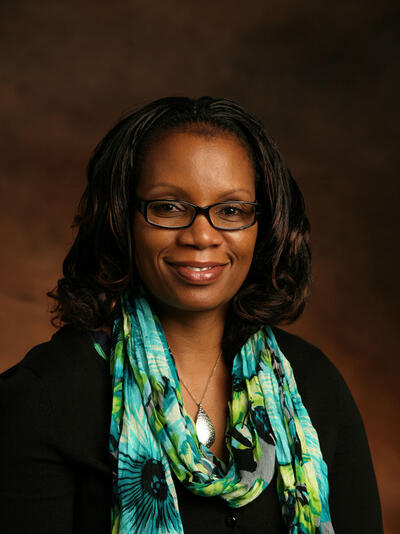
As a Comparative International Sociologist, my research, publication and teaching focuses on the intersection of gender; international development; social change; health; race; immigration; family; youth, orphans and vulnerable children. I teach: Introduction to Sociology; Love and Marriage: A Cross-Cultural Perspective; Global Social Change; Food, Culture and Society; Urban Sociology; Urban and Community Studies Colloquium. I also coordinate two inter-disciplinary minors: Africana Studies and, Urban and Community Studies. I have directed several independent student research projects, some of which have been presented at national and international forums.
My recent publications (2018) include a chapter on “Perilous Outcomes: The intersection of culture, maternal health and HIV/AIDS on Malawian women in the face of an international development consensus” in the book on Public Health, Disease and Development in Africa; and “The Sociology of Kinship and Family” in the book on Core Concepts in Sociology. I have also published in journals such as Progress in Development Studies, Journal of Interdisciplinary Social Sciences, Oxford Bibliographies, and Africa Today. My co- authored publication on “The Brain Drain of Health Care Professionals from Sub-Saharan Africa” was transformed into a policy brief for advocacy work and public dissemination by the University of Illinois at Urbana Champaign’s Center for Global Studies through the “2013 Prisms of Globalization Lecture Series and Health Initiatives.” I have contributed to several manuscripts, including two chapters in the edited book: “Strong Women, Dangerous Times: Gender and HIV/AIDS in Africa” (2009). I am also co-author of the book: “Nkhanza: Listening to People’s Voices - Gender Based Violence in Malawi” (2005).
My scholarship intersects social justice and advocacy: I have conducted research, training and consultancy work on Malawi for various government agencies and non-governmental organizations including the World Bank, UNDP, UNICEF, Oxfam, GTZ; and a Community Needs Assessment (2016) for West Baltimore’s Set the Captives Free Outreach Center. I am also Chair of the Board of the Malawi Washington Foundation (MWF), a 501(C)3 organization that I and other Malawian women in the Washington DC metropolitan area founded in 2009.
Education
- 2005
- Ph.D. in Sociology, Indiana University, Bloomington
- 1993
- Post-Graduate Diploma (Human Rights of Women). World University Service, Vienna, Austria
- 1991
- M.A. in Sociology, concentration: Gender Roles in International Development, University of Illinois at Urbana-Champaign
- 1987
- Bachelor of Social Science in Sociology and Public Administration, University of Malawi, Chancellor College
Research Interests
Comparative International Sociology, focusing on the intersection of:
|
Recent Courses
|
Selected Publications
|
Clubs and community involvement
|
Awards and Honors
|

"The sociological imagination enables us to grasp history and biography and the relations between the two within society. That is its task and its promise. To recognize this task and this promise is the mark of the classic social analyst." - C. Wright Mills, (1959): The Promise of Sociology
Sociologist C. Wright Mills concept of 'Sociological Imagination' resonates with me and guides my teaching, research and publication. In a nutshell, C. Wright Mills argues the concept that our individual experiences must be viewed in light of larger societal structures and processes. Hence, I strive to challenge my students to think of things that draw their curiosity and how they can use those as entry points to study society. So long as I remain curious about society and the human condition, my research and publication plate will remain full!